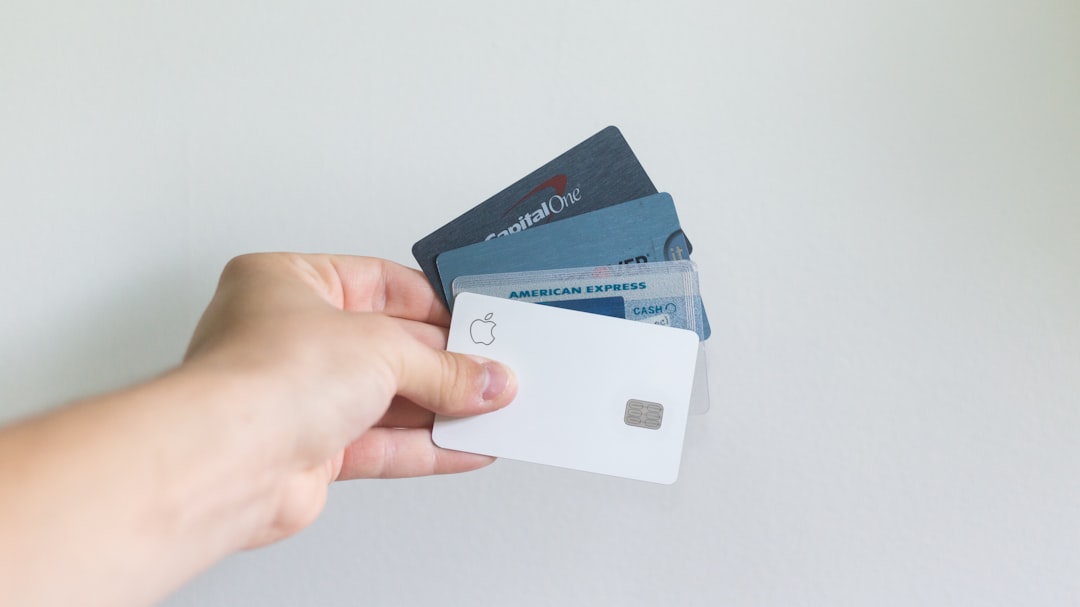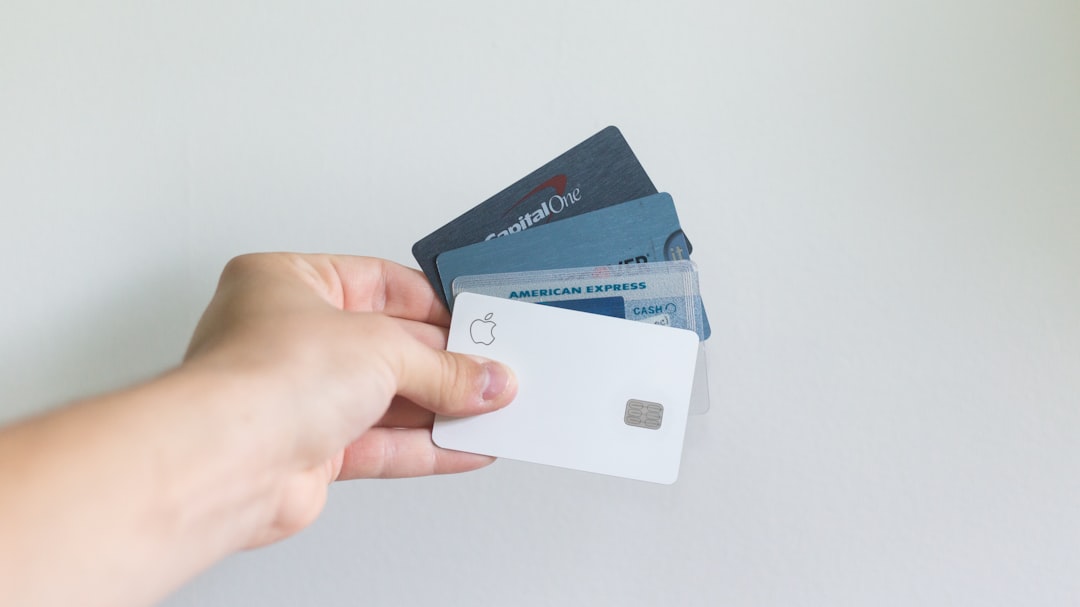Personal Loan Consolidation simplifies debt management for homeowners by bundling high-interest loans into a single, lower-rate loan secured against their home. It reduces monthly payments and interest charges over time, but carries significant risks—default could lead to foreclosure. Before proceeding, evaluate financial health, understand loan terms, ensure affordability, and check your credit score for better rates.
“Considering a personal loan consolidation to simplify your debts? Homeowner consolidation loans offer a unique opportunity, but it’s crucial to understand both the advantages and potential drawbacks. This article guides you through the process, revealing how consolidating debts with a personal loan can reduce interest rates and improve cash flow, while also highlighting risks such as the risk of foreclosure and impact on future borrowing. By weighing these pros and cons, you can make an informed decision regarding personal loan consolidation.”
- Understanding Personal Loan Consolidation
- – Definition and how it works
- – Benefits of consolidating debts with a personal loan
Understanding Personal Loan Consolidation

Personal Loan Consolidation involves combining multiple high-interest loans into a single, lower-interest loan secured by your home. This strategy simplifies repayment by reducing the number of payments you need to make each month and can save money on interest charges over time. It’s particularly beneficial for homeowners with credit card debt, student loans, or other personal loans who find themselves managing multiple payments with varying due dates and rates.
However, securing a home as collateral for a consolidation loan comes with risks. If you default on the new loan, you could lose your home. Therefore, it’s crucial to thoroughly evaluate your financial situation, understand the terms of the consolidation loan, and ensure you can comfortably afford the fixed monthly payment before proceeding. Additionally, checking your credit score beforehand can help you access more favorable interest rates.
– Definition and how it works

Personal Loan Consolidation is a financial strategy where homeowners take out a new loan to pay off and combine multiple existing debts, often credit card balances or smaller personal loans. This process involves using your home as collateral, allowing lenders to offer lower interest rates compared to unsecured personal loans. Once approved, the borrower receives a single lump sum to repay all their debts, simplifying their financial obligations and potentially saving money on interest charges.
The process works by evaluating the borrower’s creditworthiness, including their credit score, income, and existing debt burden. Lenders then determine the maximum loan amount they’re willing to offer, based on the value of the homeowner’s property. Repayment typically involves making fixed monthly payments over a set period, with interest calculated on the remaining balance. This method can be advantageous for managing debt more effectively, but it’s crucial to consider the potential risks, such as increased monthly payments and the risk of losing one’s home if repayments are missed.
– Benefits of consolidating debts with a personal loan

Debt consolidation is a popular strategy for homeowners looking to simplify their financial obligations and gain better control over their money. By securing a personal loan, individuals can consolidate multiple high-interest debts into one single payment, streamlining their financial life significantly. This approach offers several advantages. Firstly, it reduces the stress of managing numerous loans with varying repayment terms and rates. With Personal Loan Consolidation, borrowers can bid farewell to the hassle of tracking multiple bills and making separate payments on time.
Additionally, personal loan consolidation can lead to substantial savings in interest costs over the long term. By combining all debts into one loan, homeowners may secure a lower interest rate than their existing creditors offer, thereby reducing overall borrowing expenses. This financial burden reduction can free up disposable income for other important expenses or even leisure activities, ultimately enhancing the borrower’s quality of life.
Personal Loan Consolidation can be a powerful tool for homeowners looking to simplify their debt management. By combining multiple loans into one, it offers lower interest rates, reduced monthly payments, and the potential to free up home equity. However, it’s crucial to weigh these benefits against the cons, such as extended loan terms and potential fees. Before proceeding, thoroughly evaluate your financial situation and ensure that consolidation aligns with your long-term goals.
